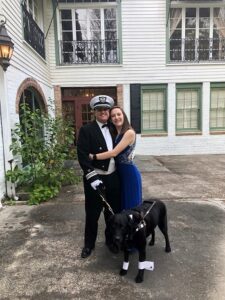Honorary Marine, Blind Since Birth, Opening a Shooting School: An Interview

Recently, I was privileged to interview a US Marine that is currently serving the Coast Guard as a Jag officer, and dreams of opening a shooting school for the blind, while being blind himself, since birth.
Being born blind has made life more difficult, but Robert Dittman is blessed with a can-do attitude and describes himself as being, “10 feet tall, and bullet proof.”
He understands his mind is his greatest weapon and it’s evident that he is constantly striving to better himself in some capacity.
Growing up in a military family, he looked up to his father as little boys do and aspired to join and serve his part. His father was forced to break the bad news to him that he would never be allowed to join due to his disability.
Heartbroken, but still determined, Robert soon learned of the Civil Air Patrol, the official auxiliary of the U.S. Air Force which has a youth cadet program.
Together with his father, Robert enthusiastically signed up and began his military career which eventually evolved into being made into an Honorary Marine, and then into his current service to the US Coast Guard.
Speaking with Robert you quickly understand that he is a mindful defender. He believes in trying to be as much of an asset to his team and the people around him and this leads him to learning as many new skills and useful information in the event that he can provide the directions to emergency management, even if he lacks the eye sight to get the job done.
“If you have the knowledge and sited people don’t, you aren’t the disabled one anymore,” Robert says.
Life has shown Robert that even though he has a disability, he can be an asset to his team by keeping his primary weapon, his mind, razor sharp.
During the course of the interview, I was interested to learn Robert’s thoughts on trauma medicine for the blind. He clearly values being as self-sufficient as possible and thinks deeply on how he can be of use in a high stress/threat environment.
Robert said he’d already taken the Mountain Man Medical Emergency Trauma Response course and thought it was particularly well suited for the teaching emergency medical to the blind community since the descriptions of the actions are clear and precise making it easy to follow along and understand.
Robert said he was able to keep up and practiced the techniques with his wife.
It was quite a compliment of a course that I worked very hard on, and I’m glad he couldn’t see me blushing.
“When you sit through medicine classes, I thought the only thing I could do was store the information in my head and relay it to someone who can see. And while that’s true and that’s important and that may be the best thing you can do on scene. If you’ve got someone with a pair of eyeballs that work, and you can say ‘Okay, I have this information in my head, let me tell you what’s going on.’
What I noticed about most of these situations, is, people panic.
I had an instructor tell me once, ‘If you can think, you can act. If you can Act, you can stay alive. But you gotta do it in that order.’
(Some people) say ‘I didn’t think! I just acted!’ No, that doesn’t work. You have to THINK, and then you can act, and you can move on from there, but the trick is lessening the distance between thinking and acting. Repetitive training is what’s going to lessen that gap.”
